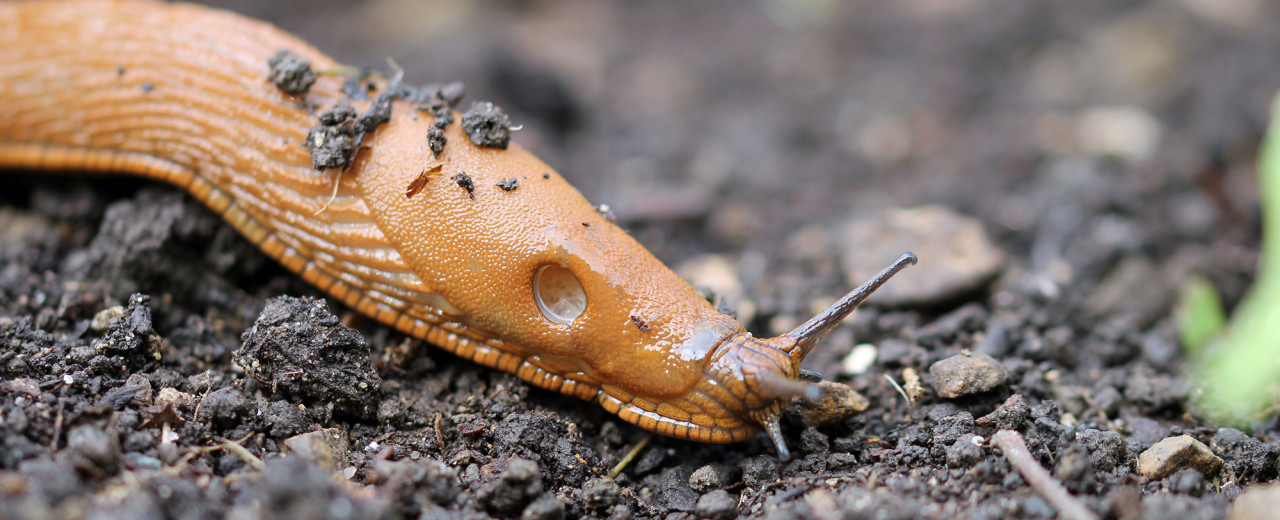Strulch is the answer to protect wildlife in your garden

Regardless of the season or weather conditions slugs along with snails persistently trouble gardeners. They can be found on damp autumn days beneath piles of wet leaves, but even during the summer heat, they can wreak havoc on your plants and flowers leaving behind a garden filled with unsightly holes.
However, gardeners are now being strongly advised not to eliminate slugs and snails entirely, and the reason behind it is closely tied to bird populations. In the UK, bird numbers have been steadily declining over the past 50 years. Recently released government data in 2023 revealed a staggering 48% decrease in bird species populations in just a five-year period from 2015 to 2020.
The primary cause of this decline is the loss of habitats and the disappearance of mixed farming practices. Additionally, the reduced presence of weeds and shorter lawns in urban environments, where gardens are carefully managed and wildlife is inadvertently eradicated, has further contributed to the problem. This is because there are fewer insects, slugs, and snails available for birds to feed on.
The detrimental impact of killing slugs and snails extends beyond birds and also affects the survival of hedgehogs, which rely on slugs as part of their diet. In 2021, slug pellets containing the toxin metaldehyde were banned from sale in the UK due to their poisonous effects on birds that consumed slugs treated with the pellets.
Even if you don't use slug pellets and instead use other methods such as scissors, stamping, or beer traps still this still adds to the decline of bird species, which subsequently disrupts the entire food chain during a time when the environment is already facing a crisis.
Some gardeners have proposed bird-friendly alternatives to combat slug problems without resorting to killing them. Strulch deters slugs without killing them and by placing it around your plants the slugs and snails avoid your plants finding other places to feast, preserving the beneficial slugs that are an important part of the bird food chain and natural decomposition cycle.
